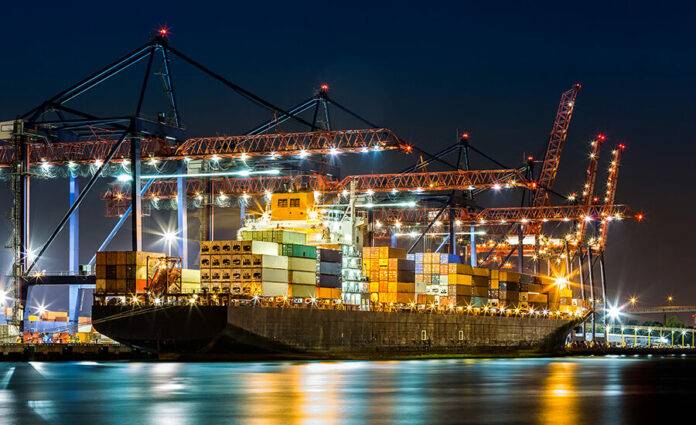The recent announcement by U.S. President Donald Trump regarding new tariffs on goods imported from other parts of the world has sparked a significant amount of controversy and concern among global leaders and businesses alike. The president’s decision to impose a 10% tariff on all goods from other countries, effective April 5, along with individualized reciprocal tariffs set to take effect on April 9, has raised questions about the impact on international trade and the economy as a whole.
Specifically, China will face a reciprocal tariff of 34%, while Vietnam will see a reciprocal tariff of 46%. The European Union, Taiwan, and Japan will also be subject to reciprocal tariffs ranging from 20% to 32%. These tariffs were calculated based on each country’s trade deficit with the U.S., with some adjustments made as a gesture of “kindness.”
It is important to note that certain products such as steel, aluminum, automobiles, automotive parts, copper, pharmaceuticals, semiconductors, lumber, energy, and other minerals that are not readily available in the United States are exempt from these reciprocal tariffs. However, these tariffs come on the heels of previous taxes imposed on steel, aluminum, and automobiles, further complicating the trade landscape.
The announcement of these tariffs has had a significant impact on global stock markets, with markets in the U.S., Europe, and Asia experiencing significant downturns. Criticism from global leaders has been swift, with concerns raised about the uncertainty and potential negative consequences of these tariffs on the global economy.
David French, executive vice president of governmental relations for the National Retail Federation, voiced concerns about the impact of these tariffs on U.S. businesses and consumers. French emphasized that tariffs are ultimately a tax paid by U.S. importers, which will likely be passed on to consumers in the form of higher prices. He called for accountability from trading partners in order to restore fairness for American businesses without creating economic uncertainty and increased costs for American families.
On the other hand, Scott Paul, president of the Alliance for American Manufacturing, supported the president’s decision to impose these tariffs. Paul argued that after decades of offshoring policies, it is time for businesses to restructure their supply chains and address the trade imbalances that have persisted for years. He called for global companies that have benefited from offshoring to be held accountable and urged them to consider moving production back to the U.S.
Moving forward, it will be essential for policymakers to carefully consider the implications of these tariffs on the global economy and work towards finding a balance between promoting fair trade practices and avoiding detrimental consequences for businesses and consumers. Comprehensive policies and incentives that encourage investment in U.S. factories and supply chains will be crucial in ensuring that these tariffs do not have long-term negative effects on the economy.




